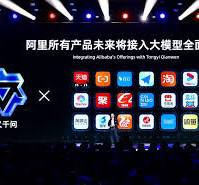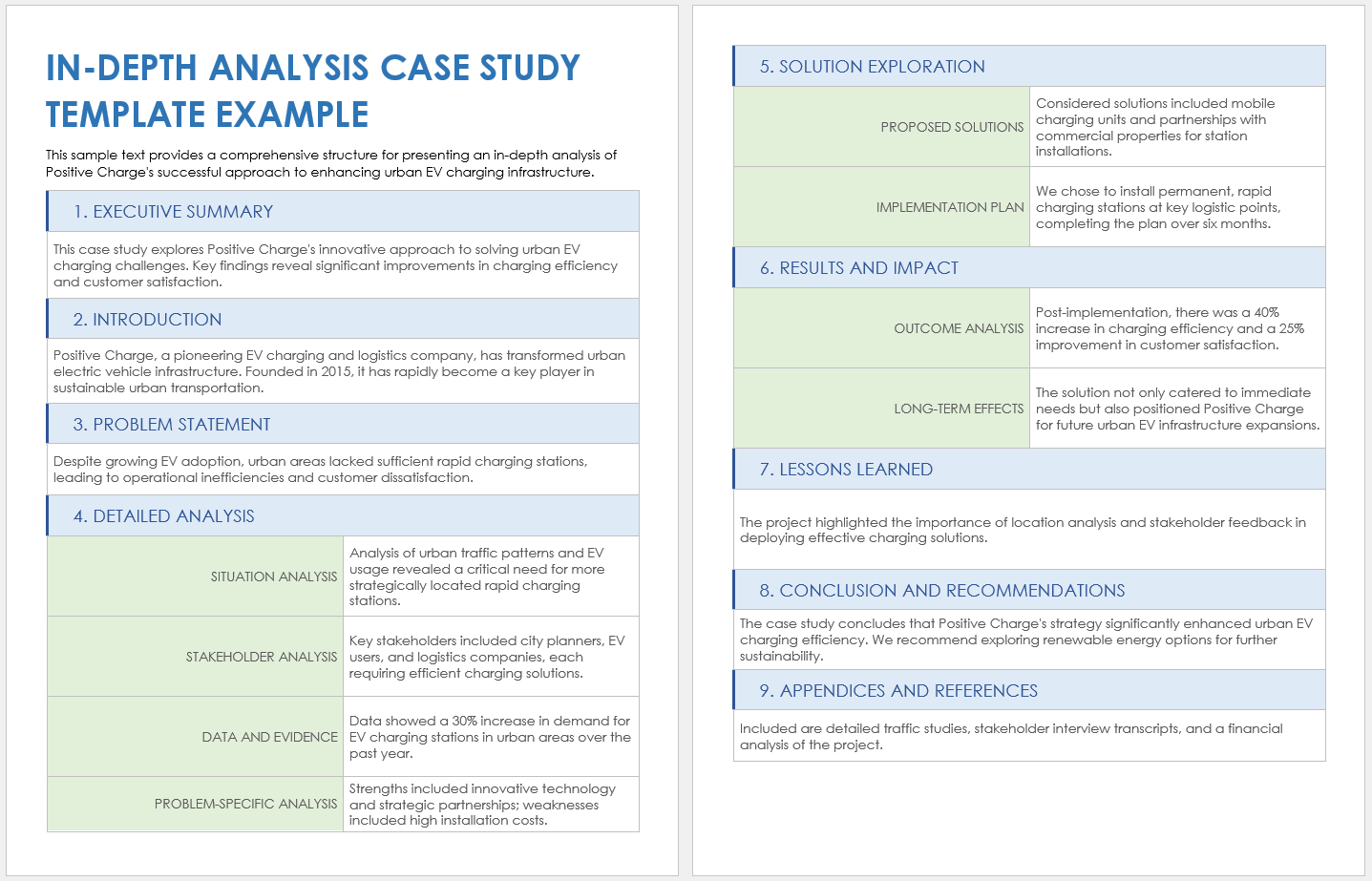The Rise of Chinese AI: A Global Game Changer
In recent years, China has emerged as a powerhouse in the field of artificial intelligence (AI), rapidly closing the gap with, and in some areas surpassing, Western counterparts. This surge is reshaping global dynamics in technology and innovation.
Government Support and Strategic Vision
One of the key factors driving China’s AI growth is strong government support. The Chinese government has outlined ambitious plans to become a global leader in AI by 2030. This includes significant investments in research and development, as well as policies designed to foster innovation across various sectors.
In 2017, China unveiled its “Next Generation Artificial Intelligence Development Plan,” which laid out a roadmap for achieving this goal. The plan emphasizes the importance of AI in economic transformation and national security, highlighting its critical role in future competitiveness.
Investment and Innovation
China’s tech giants, such as Alibaba, Tencent, and Baidu, are at the forefront of AI research and application. These companies are investing heavily in AI technologies ranging from natural language processing to computer vision and autonomous vehicles.
The country is also home to numerous startups that are pushing the boundaries of what’s possible with AI. With access to vast amounts of data—often referred to as the “new oil”—Chinese companies have a significant advantage when it comes to training sophisticated machine learning models.
Applications Across Industries
The impact of Chinese AI can be seen across various industries:
- Healthcare: AI-powered diagnostics tools are improving accuracy and efficiency in medical imaging and patient care.
- Finance: Algorithms are being used for fraud detection, credit scoring, and personalized financial advice.
- E-commerce: Retailers leverage AI for personalized recommendations, inventory management, and customer service automation.
- Transportation: Autonomous driving technology is being developed at a rapid pace with companies testing self-driving cars on public roads.
Challenges Ahead
Despite its rapid progress, China’s AI sector faces several challenges. Concerns about data privacy and ethical considerations are paramount as technologies become more integrated into daily life. Additionally, there is ongoing debate about how best to regulate these technologies without stifling innovation.
The international community also watches closely how China balances its domestic growth with global collaboration on standards and norms for AI development.
The Future Outlook
The rise of Chinese AI represents both an opportunity and a challenge for the world. As China continues its journey toward becoming an AI superpower, it will undoubtedly influence global trends in technology development. Collaboration between countries will be essential to address shared concerns about ethics and governance while maximizing the benefits that these new technologies can offer society at large.
The coming years will be crucial as stakeholders worldwide navigate this new landscape shaped by technological advancements led by China’s strategic vision for artificial intelligence.
5 Essential Tips for Navigating the Chinese AI Landscape
- Understand the cultural differences when working with Chinese AI companies.
- Stay updated on the latest developments and trends in the Chinese AI industry.
- Consider partnering with local experts or companies to navigate the Chinese AI market effectively.
- Be aware of any regulatory requirements or restrictions related to using AI technology in China.
- Build strong relationships and networks within the Chinese AI community for collaboration and growth opportunities.
Understand the cultural differences when working with Chinese AI companies.
When collaborating with Chinese AI companies, it’s crucial to understand the cultural differences that can influence business practices and communication styles. Chinese companies often emphasize the importance of building strong relationships and trust before engaging in formal business discussions. This approach, known as “guanxi,” involves cultivating personal connections and is a key component of successful partnerships in China. Additionally, decision-making processes may differ, with a greater emphasis on consensus and hierarchy. Understanding these cultural nuances can facilitate smoother interactions and foster more effective collaboration between international partners and Chinese AI firms.
Stay updated on the latest developments and trends in the Chinese AI industry.
Staying updated on the latest developments and trends in the Chinese AI industry is crucial for anyone interested in technology and global innovation. China’s rapid advancements in AI are reshaping industries such as healthcare, finance, and transportation, making it essential to keep an eye on new breakthroughs and policy changes. By following industry news, government announcements, and insights from leading Chinese tech companies, one can gain a comprehensive understanding of how these developments might influence global markets and technological standards. Additionally, staying informed allows individuals and businesses to anticipate shifts in the competitive landscape and identify potential opportunities for collaboration or investment in this dynamic field.
Consider partnering with local experts or companies to navigate the Chinese AI market effectively.
Navigating the Chinese AI market can be a complex endeavor due to its unique regulatory environment, cultural nuances, and rapidly evolving landscape. To effectively enter and succeed in this market, it is advisable to partner with local experts or companies. These partnerships can provide invaluable insights into local consumer behavior, regulatory requirements, and business practices. Local partners can also facilitate connections with key stakeholders and help navigate bureaucratic processes more efficiently. By leveraging the expertise of those familiar with the intricacies of the Chinese AI ecosystem, foreign companies can better position themselves for success and innovation in this dynamic market.
Be aware of any regulatory requirements or restrictions related to using AI technology in China.
When considering the use of AI technology in China, it’s crucial to be aware of the country’s regulatory requirements and restrictions. The Chinese government has implemented a comprehensive framework to oversee AI development and deployment, focusing on data privacy, security, and ethical standards. Companies operating in this space must comply with laws such as the Cybersecurity Law and the Personal Information Protection Law, which govern data collection, storage, and usage. Additionally, there are specific guidelines for sectors like healthcare and finance that dictate how AI can be used responsibly. Understanding these regulations is essential for businesses to operate legally and effectively within China’s rapidly evolving AI landscape while ensuring alignment with national priorities and ethical considerations.
Build strong relationships and networks within the Chinese AI community for collaboration and growth opportunities.
Building strong relationships and networks within the Chinese AI community is crucial for fostering collaboration and unlocking growth opportunities. As China continues to establish itself as a leader in AI innovation, engaging with its community of researchers, developers, and industry leaders can provide valuable insights into emerging trends and technologies. By forming partnerships with Chinese companies and academic institutions, organizations can gain access to cutting-edge research, share expertise, and co-develop solutions that address global challenges. Additionally, these connections can help navigate cultural nuances and regulatory landscapes, facilitating smoother entry into the Chinese market. Overall, cultivating these relationships not only enhances technological capabilities but also opens doors to new business prospects in one of the world’s most dynamic AI ecosystems.



